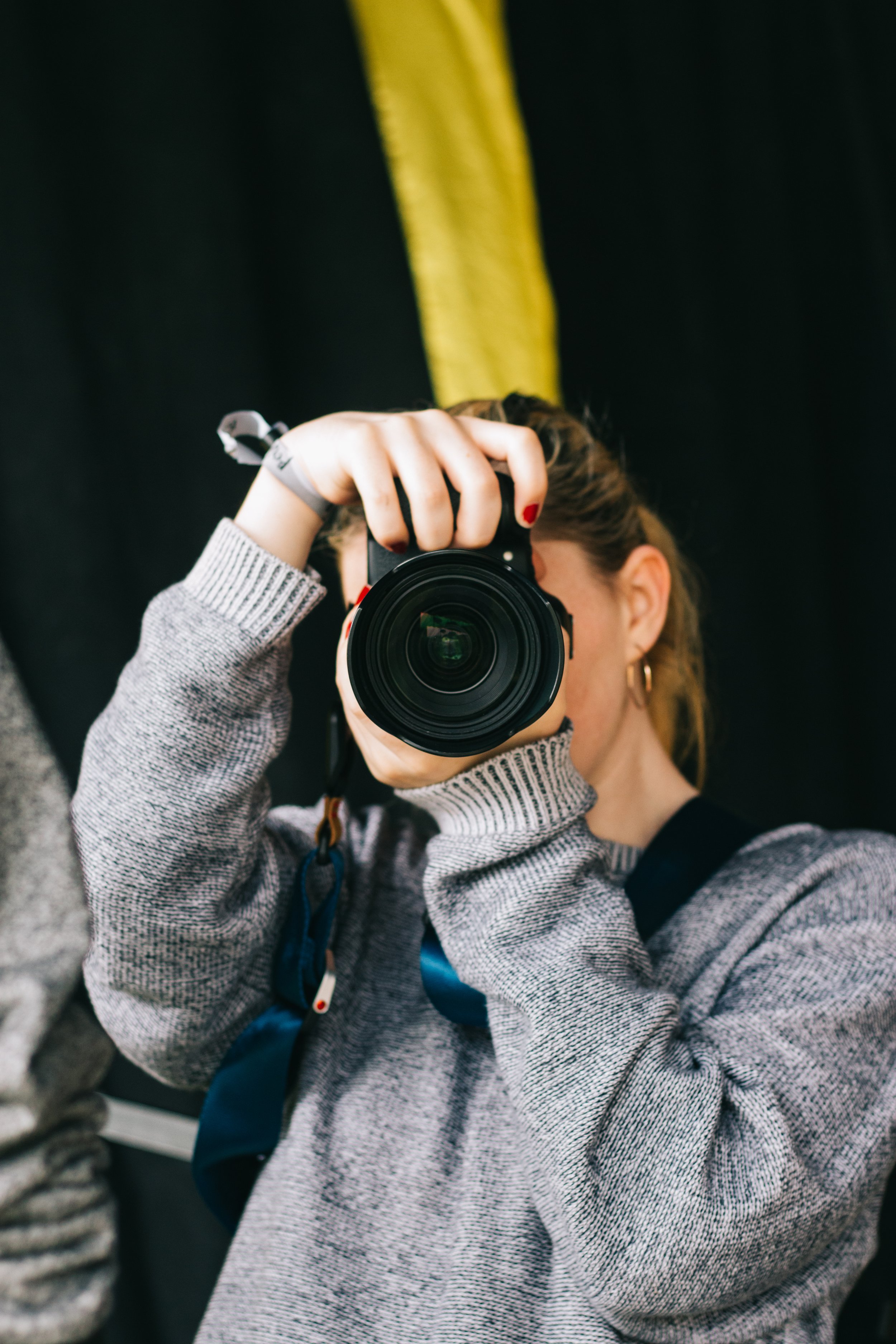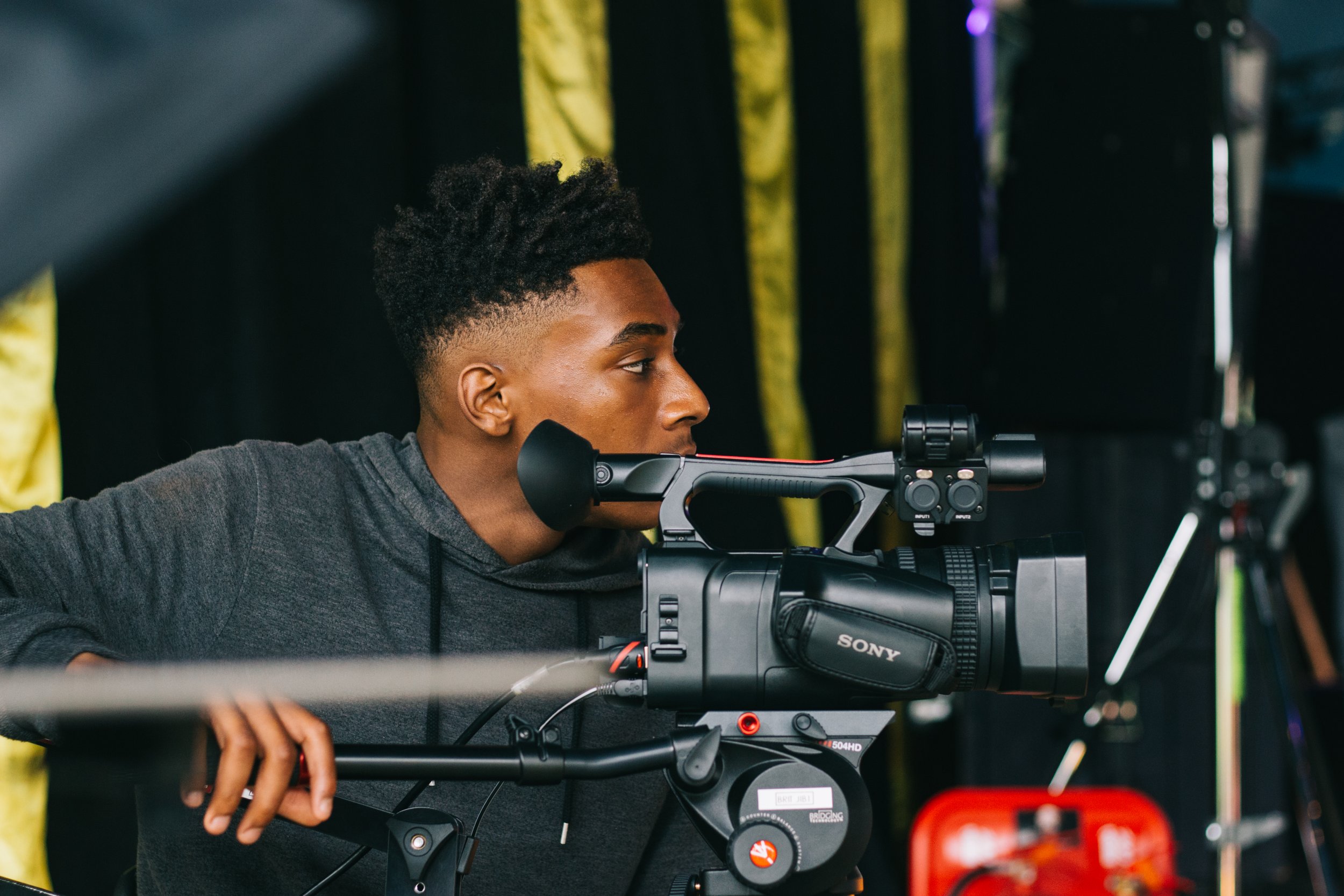
Our Charities
The benefits of music go far beyond pure entertainment.
It can also inspire, empower, and profoundly enrich lives: whether that’s by offering career opportunities to vulnerable young people, or therapy for those disadvantaged by trauma, isolation or other challenging circumstances.
That’s why our annual award ceremony recognises two important industry charities – The BRIT Trust and Nordoff & Robbins – and has so far raised over £7m to fund their vital, life-changing work.
With your generous support, we’ll fund our charities’ work for years to come
The BRIT Trust is the principal charity of the UK recorded music industry, and was set up by UK record labels and the BPI in 1989 with the key aim of improving lives through the power of music and the creative arts.
To date, the Trust has distributed more than £30 million in grants to causes around the country that promote education and wellbeing, including, as the main beneficiaries, The BRIT School – the UK’s leading performing and creative arts school that is free to attend – and Nordoff and Robbins, the UK’s largest music therapy provider.
Other charities supported include East London Arts and Music (ELAM), the full-time Industry Academy for those aged 16-19 years keen to pursue a career in music, film & TV production and games design; Music Support, the addictions and mental health charity; and Key4Life, which seeks to help young men in prison or at risk of going there to find more positive life paths by drawing on their passion for music.
The BRIT Trust is funded largely by regular proceeds from The BRIT Awards and the Music Industry Trusts Award, but it also owes a huge debt to the many artists who performed at the legendary Knebworth concert in 1990 that helped to generate much of its initial funding, such as Sir Elton John, Eric Clapton, Jimmy Page and Robert Plant, Sir Paul McCartney, Phil Collins, and Sir Cliff Richard, among others.
The work of The BRIT Trust is enabled by a Board of Trustees chaired by Tony Wadsworth CBE, who donate their time and industry networks on an entirely voluntary basis. A series of monthly BRIT Trust Diaries in association with Music Week helps to explain and promote this work and to shine a line on the many causes The Trust supports. To learn more about the applications process for BRIT Trust funding, please visit the Grants page of its website.
The BRIT Trust | www.brittrust.co.uk
Original, responsible, ambitious: The BRIT School is vocational, academic, inclusive and free.
The BRIT School is the UK’s first and leading performing arts and technology state school, providing a unique and free education for over 1400 students aged between 14 and 19.
The BRIT School nurtures emerging creative talent through its transformative education; from fashion designers, illustrators, playwrights, performers, stage managers, composers, teachers, community group leaders, choreographers, film-makers, game developers to entrepreneurs, creative thinkers and innovators of the future.






As the UK’s largest music therapy charity, Nordoff & Robbins stands for music and believes in the value of music for all people in our society.
Through the power of music, they break through the barriers caused by life-limiting illness, disability and social isolation.
They do this through providing music therapy to people across the UK, whilst also training the music therapists of the future and funding research to measure and improve the impact of their work.
Music therapy is the act of making music collaboratively, and it can help people with all kinds of conditions: from autism to dementia, learning difficulties to brain injuries, life-limiting illnesses to mental health issues, grief and trauma. Nordoff and Robbins music therapists use the power of music to create space for people to express themselves and find connection in society.
Nordoff and Robbins has specialist centres in Croydon, Dunfermline, London, Manchester and Newcastle that provide one-to-one and group sessions for children and adults, alongside providing sessions in various settings including schools, hospitals, care homes and more. Its music therapy training is validated by Goldsmiths, University of London, and is recognised by the Health and Care Professions Council (HCPC).
From adults with dementia reconnecting with their family, to children with autism finding their voice, Nordoff and Robbins believes that everyone should have access to music therapy, because of the transformative impact it can have on people’s lives.















